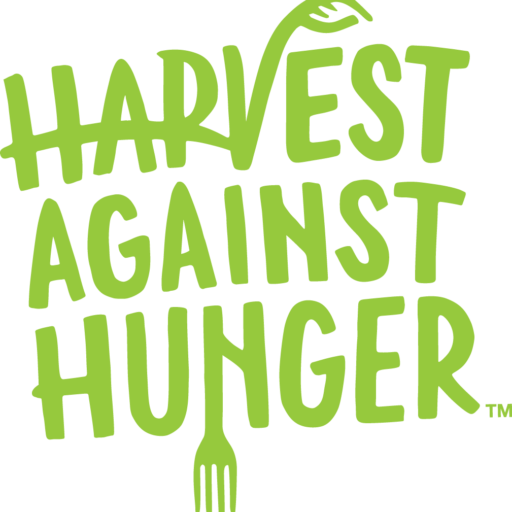How Can We Help?
How to Begin with WA State Gleaning Network
In the early stages of her assignment in year one of a three-year VISTA project, Sarah faced a project without clearly defined boundaries, granting her a unique opportunity for creative freedom. But this freedom came with the challenge of thinking innovatively and utilizing unfamiliar tools as the project gradually took shape. While Sarah acknowledges that she hasn’t unraveled all the complexities of her assignment, she has gathered a few valuable insights that might benefit others in a similar situation. These include asking for advice, researching the project, the industry, and looking for inspiration.
One of her key takeaways is the importance of avoiding unnecessary duplication, or “reinventing the wheel”. Chances are, someone’s been in your shoes before, so reach out to those who’ve been there. Explore platforms like VISTA Campus and don’t be shy about asking questions on forums. It’s also a great way to network, especially if you’re new in the field.

Sometimes, you get the right answers just by asking the right questions. People are usually happy to give suggestions, and even if they can’t solve your problem, they might point you in the right direction. Sometimes, answers can be hidden in unexpected places, so don’t hesitate to ask around. Also, keep in mind that sometimes, you don’t even know what you don’t know. So, think about how you’re framing your questions – this is a skill that improves with use.
The internet is one of the best resources available today. When it comes to searching online, using the right keywords is “key”. You might know what you’re after, but sometimes, Google can leave you hanging without the right keywords. For instance, when looking for turning complex data into visual stuff like charts or infographics, use keywords like “data visualization” and “data tools”. And if you’re on the hunt for any tool that helps you get stuff done efficiently like email, calendars, or spreadsheets use keywords like “productivity tools”. Thinking about what’s free and accessible is a good move. A lot of the big-name tools can be pricey, so most low-budget projects stick with free or existing Google or Microsoft products. But remember, if a tool could really boost your project’s efficiency, it might be worth checking if your host site can squeeze it into the budget.
Finally, reading up on your project or the industry is a smart move. Reports and documents like grant proposals or past project plans can be a goldmine of information to dig through. But if your project is so fresh there’s nothing to read yet, dig into the industry itself. For the hunger relief field, here are some great books: “Community Heroes” by Edward Patrick Akinyemi, “Big Hunger” by Andrew Fisher, and “Inflamed” by Raj Patel. They have some valuable insights that might just give you some new ideas and inspiration.



